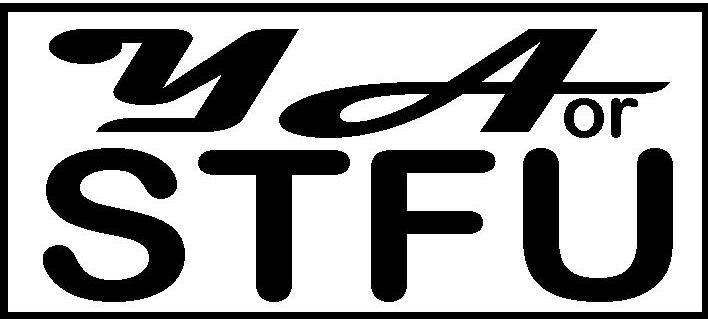Young Adult Literature without Apology
Amy's assessment of contemporary young adult literature, organized by author and title, censored by noone.
Realistic | Romance | Science Fiction | Historical Fiction | Fantasy | Horror | Mystery
Dessen, Sarah (2006). Just Listen. NY: Penguin Viking. ISBN: 0670061050. 371 pages.
The latest proof that Sarah Dessen is one of the greatest young adult authors of the twenty-first century is her new novel, Just Listen. Annabel Greene is the youngest of three sisters, all of whom have enjoyed local modeling careers but each of whom is very different. Kirsten, the oldest, is known for her forthrightness and tendency to talk too much and Whitney, the middle sister, is quiet and brooding. Following a period of time spent as roommates in New York, Whitney is sent back to the family's house, dangerously ill and suffering from an eating disorder. Annabel, whose identity has always hinged on her agreeableness and interest in smoothing family waters, finds that now, amidst this family drama, she's unable to share or even acknowledge a terrifying experience that has led to her ostracism at school. Enter Owen, a tall and dangerous-seeming outcast who, during the course of his growing relationship with Annabel, tries to encourage her towards directness, calling nearly all other forms of expression lies. When Annabel suspects that a former friend is suffering the same way Annabel did the previous year, she very gradually gains the courage she needs to speak out.
The above summary doesn't even come close to describing the experience of reading Dessen's newest novel. As in her previous first-person female narrated novels, Dessen draws complex characters whose lives intersect in sometimes unexpected ways. It would be easy to read this as a companion to or even another version of Laurie Halse Anderson's Speak; however, I think Dessen does a lot more with characterization here than Anderson did. Where, in both novels, the narrator finds herself silenced by an act of rape and (perhaps mistakenly) shunned by her schoolmates, in Anderson's novel the characterization is all about vicitimization wheras, through the use of narrative structure, Dessen makes us see Annabel as a larger person.
